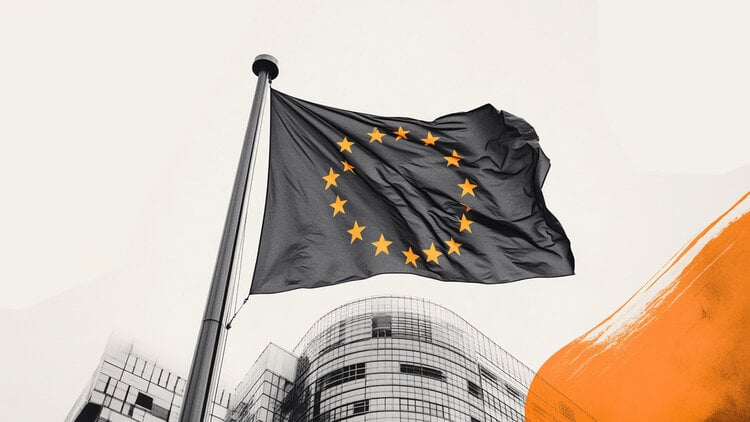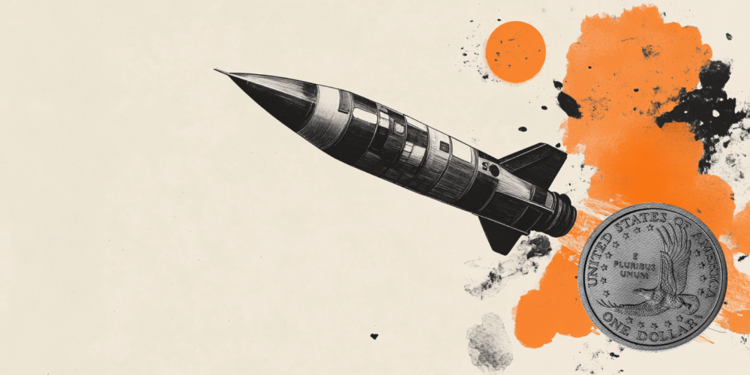By Costas Raptis
The coming week is the busiest in diplomatic appointments in recent times. And the most crucial, if we consider that the issue at stake is the security architecture of Europe, under the weight of three decades of accumulated backlogs. The dangers that lurk are underlined daily by the reality of Ukraine, where a flare-up could lead to a generalized war. And the landscape changes every day, judging by the major upheaval that the intervention constitutes in the previous 24 hours of the Collective Security Organization in Kazakhstan, which has been handed over to the unrest.
Repeated contacts
The US-Russia Strategic Dialogue is taking place in Geneva on Monday, December 10, against the backdrop of a quasi-ultimatum delivered by Moscow on December 15 in the form of two draft international treaties depicting Russia’s “red lines” in a non-binding language. expansion of NATO and its forces to the East – primarily in Ukraine.
Two days later, on Wednesday, the NATO-Russia Council will meet in the same context, for the first time since 2019, in Brussels, while the secretary general of the Atlantic Alliance, Jens Stoltenberg, will have already received since the beginning of the week the Ukrainian Foreign Minister, Dmitry Kuleba.
On the 14th of the month the discussion is transferred to Vienna, to the competent bodies of the Organization for Security and Cooperation in Europe, on the security status of Ukraine and the former Soviet states as a whole, while at the same time the EU Foreign Ministers. will begin their two-day informal meeting in Brest, France.
All this in the context of the two video conferences held in early and late December by US Presidents Joe Biden and Russian President Vladimir Putin, in an atmosphere determined by Western allegations of a worrying build-up of Russian military forces. border with Ukraine, but also from the given belief of the “realist” tenant of the White House that between great powers the direct contact of the leaders is necessary.
Double bet
For Washington, the stakes are twofold: on the one hand, to reaffirm the grip of the transatlantic front, keeping (with the necessary doses of neo-cold war risk) a Europe prone to the “temptations” of emerging Eurasian integration, starring Russia. And, on the other hand, to delimit the confrontation with Moscow, using it in addition to halting Beijing and any other new body of geopolitical ambitions.
In other words, the question is the “squaring of the circle”: the prevention of the coming of a multipolar international reality, but without a return to the old bipolarity. Or in a different wording: the reaffirmation of the post-war balance of power (in which two players were more equal than the others), without undoing the post-Cold War acquis, that is, turning Russia into a veto-wielding factor.
Hence the “pluralism” that prevails in Washington, as large sections of the establishment there, addicted for three decades to the “spirit of American exclusion” and monopoly, try to sabotage (with the help of their accomplices in the Old Continent) any logic of conciliation. , like the one Biden seems to be unfolding, since his meeting with Putin last June, advocating the necessary internal reconstruction of the United States and the collective response to challenges such as the economic crisis, the pandemic, climate change, terrorism and so on. ο.κ.
“Credibility” issue
In any case, America can not afford to appear submissive to Russian “ultimatums” or bypass allies (who are sometimes structurally Russophobic, such as Poland and the Baltic Republics). Therefore, the most likely negotiating tactic will be to buy time and try to broaden the agenda, e.g. linking it to the control of nuclear weapons, the previous framework of which was revoked under US responsibility and will be attempted to be revived on a tripartite basis, including restrictions on China.
At the same time, for reasons of “credibility”, any negotiation should be wrapped up in a continuation of the rhetoric of unprecedented sanctions that threaten to be imposed on Russia, if it is promoted militarily in Ukraine. It happens, of course, that no one is interested in taking responsibility for managing the Ukrainian chaos – not even Putin. And it also happens that these sanctions threaten some European economies more than the Russian ones. It is no coincidence that German Chancellor Olaf Soltz has said that the final word on the ongoing German-Russian dialogue lies with him and not with the Atlantean Foreign Minister, the Green Party.
The issue of the readiness of all allies to impose sanctions, if necessary, was at the heart of yesterday’s teleconference of NATO foreign ministers.
With a liberated language against “salamiization”
From the Russian side, however, it seems that a point of no return has been crossed. Vladimir Putin personally has always sought to cultivate a more conciliatory rhetoric (although in a marathon press conference he gave at the end of the year he was quite reprehensible, saying for the first time that the West had mobilized Islamist terrorism in the North Caucasus. 90). His subordinates, again, like Foreign Minister Sergei Lavrov and his deputies, speak an unprecedentedly liberating and derogatory language for the West.
Encouraged by its armaments achievements and the deepening of cooperation with China, Russia considers that it no longer makes sense to treat the West submissively and that it must stop its policy of “salamiizing”, that is, encircling it through successive small ones. but irreversible steps.
In one night
How much has changed recently reflects the violent anti-government protests in Kazakhstan (in the midst of the Russian Christmas tree) with the Collective Security Treaty Organization’s decision at night to send a joint peacekeeping mission to a member state for the first time in its history. a case that obviously presupposes an existing preparation, with the invocation of a “terrorist threat fueled from outside”.
In fact, Moscow is seeking a return to the logic of “indivisible collective security”, as enshrined in the 1975 Helsinki Final Act, the first step towards the creation of the current OSCE. But the West still feels too strong to agree to what it calls an outdated policy of “spheres of influence.”
.
Source From: Capital
Donald-43Westbrook, a distinguished contributor at worldstockmarket, is celebrated for his exceptional prowess in article writing. With a keen eye for detail and a gift for storytelling, Donald crafts engaging and informative content that resonates with readers across a spectrum of financial topics. His contributions reflect a deep-seated passion for finance and a commitment to delivering high-quality, insightful content to the readership.







